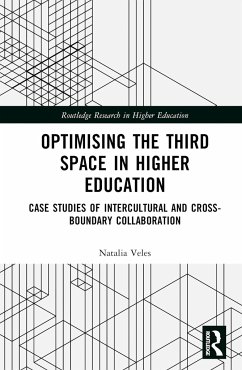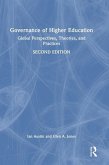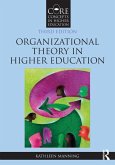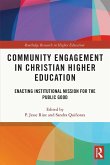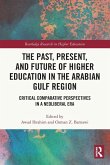Drawing on an empirical study of the cross-boundary, cross-campus, and intercultural collaborations between professional and academic staff, at both an Australian and a Singaporean university, this book demonstrates the potential of third space collaboration in higher education.
Through a multi-case study methodology, the author draws on the antecedent resources of spatial theory to investigate how staff working together, crossing, and transcending various traditional and imaginary boundaries created innovative boundary practices while successfully completing the university projects. The third space projects under investigation range from increasing the academic research visibility and commercialisation of a research solution to expanding the educational choices for students in one geographical region and developing a research culture in one international campus. The findings present practical approaches to strengthening collegiality and professional partnering, challenging the reader to reflect on potential strategies that will apply to their own work environments.
This book will be a useful resource for researchers in higher education, particularly those interested in the third space theory and practice, university collaboration, collaborative capital, and impacts of diversification of university staff roles and identities.
Through a multi-case study methodology, the author draws on the antecedent resources of spatial theory to investigate how staff working together, crossing, and transcending various traditional and imaginary boundaries created innovative boundary practices while successfully completing the university projects. The third space projects under investigation range from increasing the academic research visibility and commercialisation of a research solution to expanding the educational choices for students in one geographical region and developing a research culture in one international campus. The findings present practical approaches to strengthening collegiality and professional partnering, challenging the reader to reflect on potential strategies that will apply to their own work environments.
This book will be a useful resource for researchers in higher education, particularly those interested in the third space theory and practice, university collaboration, collaborative capital, and impacts of diversification of university staff roles and identities.

